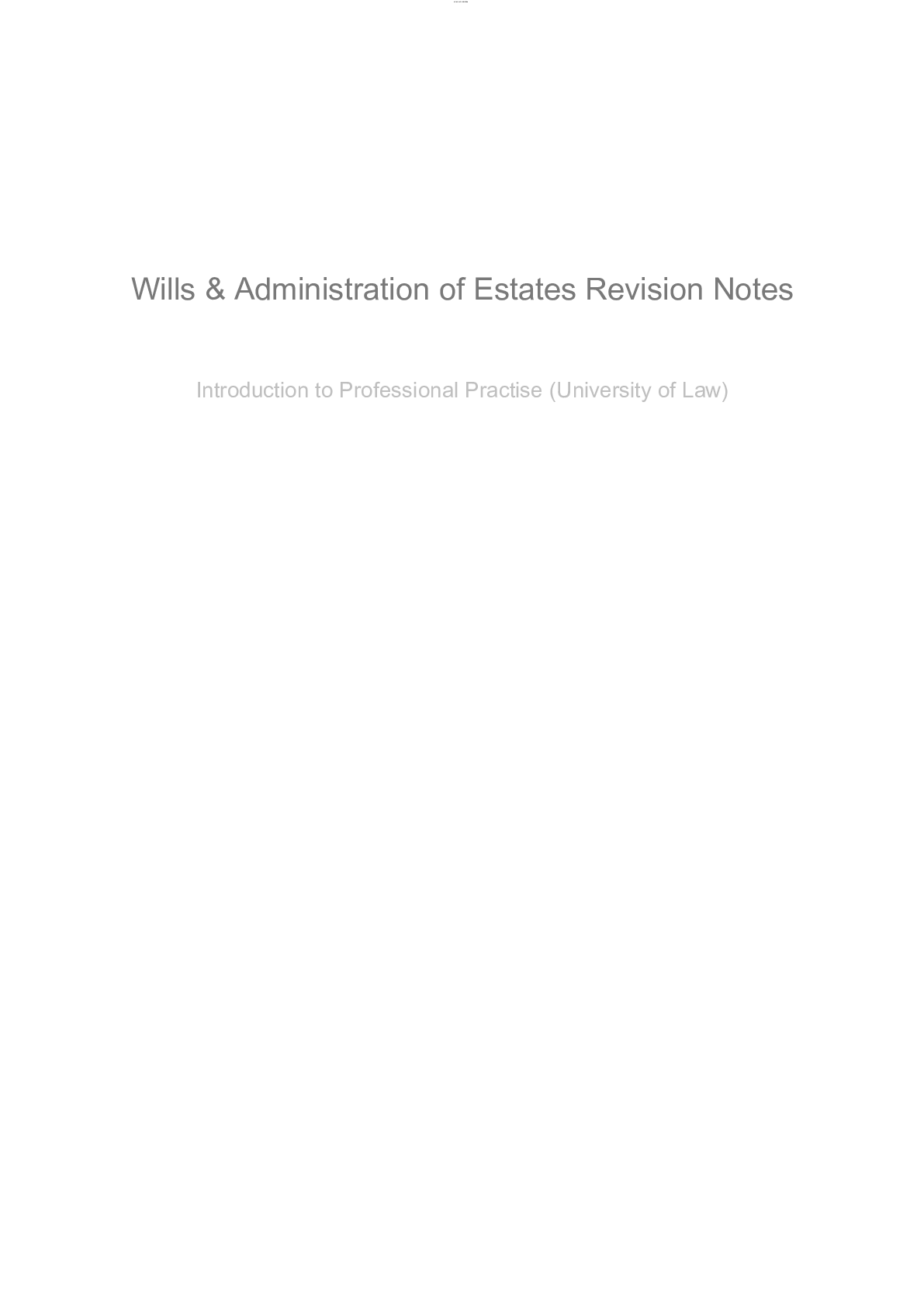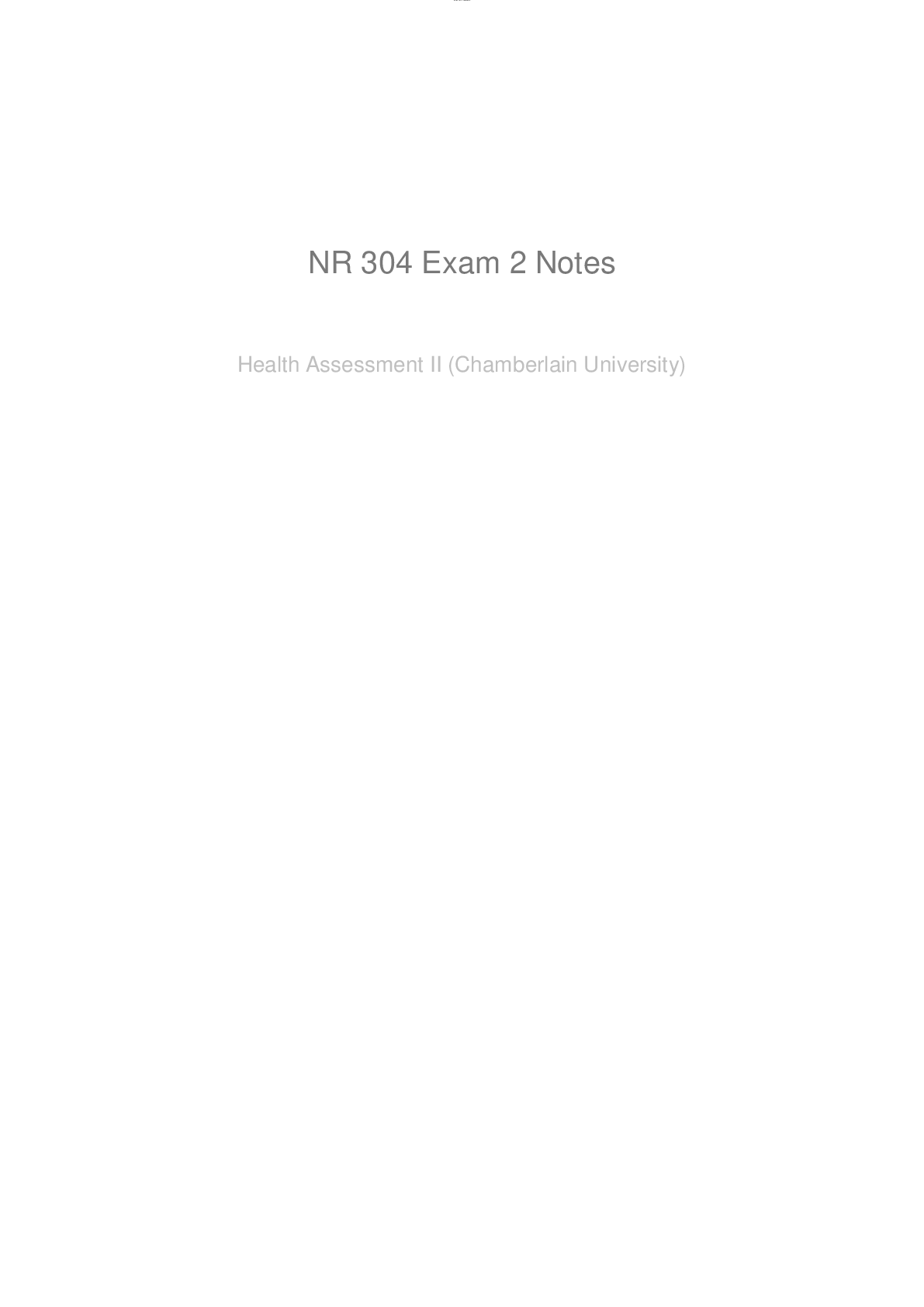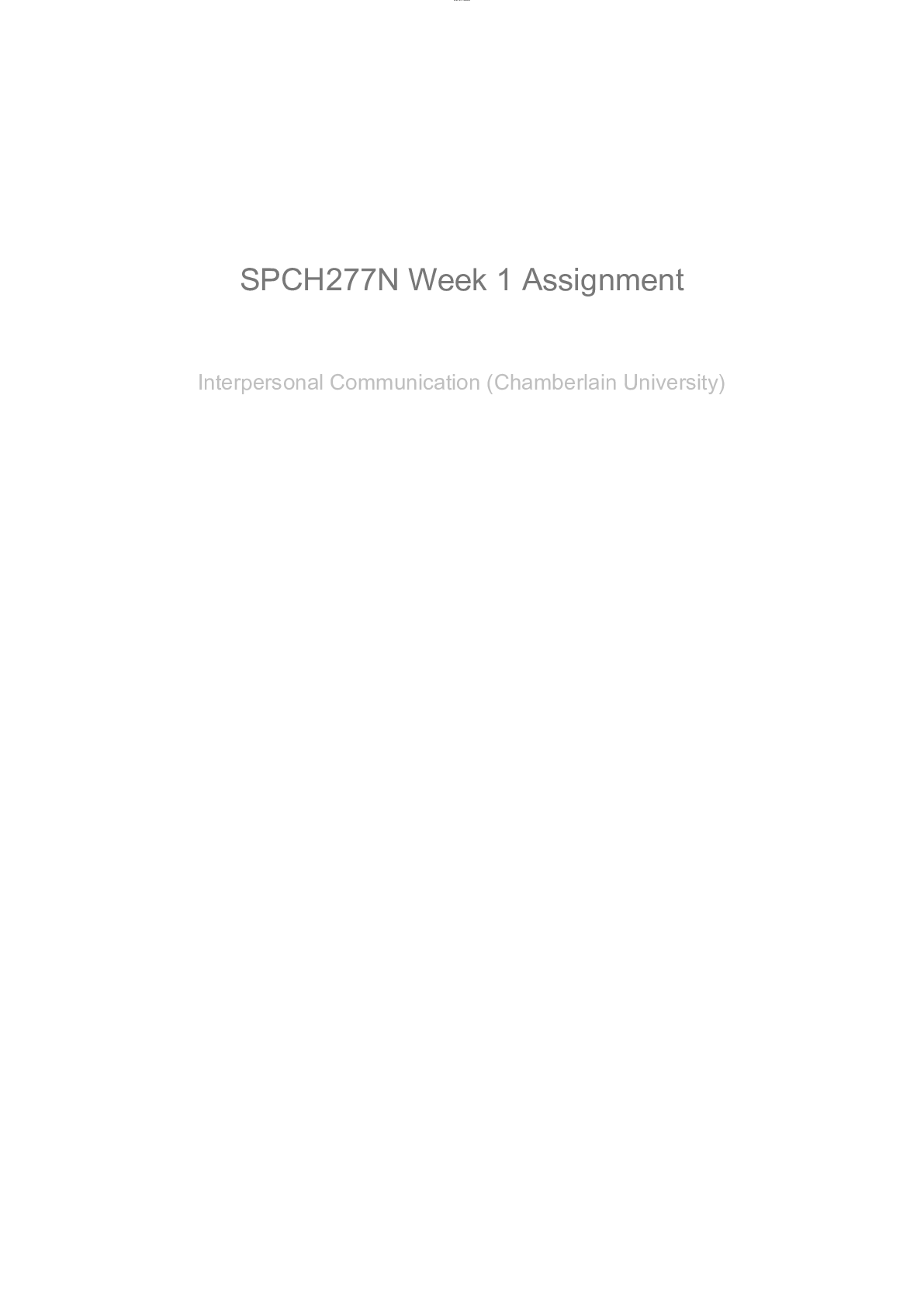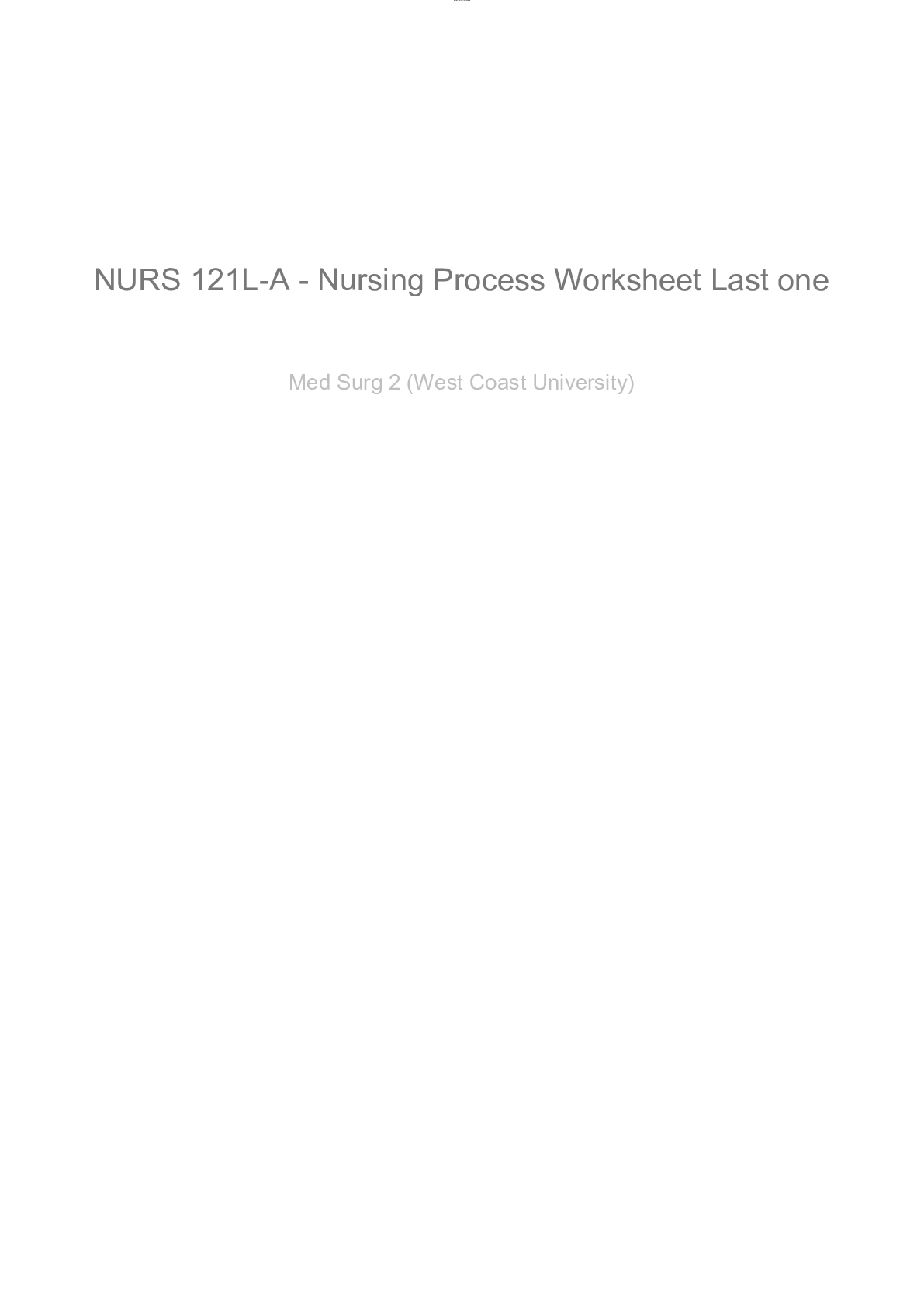*NURSING > Study Notes > NR 283 week 3 Concept Process Assignment Guidelines (All)
NR 283 week 3 Concept Process Assignment Guidelines
Document Content and Description Below
NR 283 week 3 Concept Process Assignment Guidelines Grascia Hinds July 26, 2019 NR 283 Emphysema and Oxygenation Emphysema is a type of COPD involving damage to the air sacs (alv... eoli) in the lungs. As a result, your body does not get the oxygen it needs. You may also have a chronic cough and have trouble breathing during exercise. Emphysema may be caused by a genetic deficiency, air pollution and manufacturing fumes that irritate your lungs. The most common cause is cigarette smoking. In people with emphysema, the lung tissue involved in exchange of gases are destroyed. Emphysema is grouped as chronic obstructive pulmonary disease (COPD). There is loss of elastic recoil of the alveoli, that leads to air not being able to be expelled from the alveoli. Emphysema goes unnoticed for many years without any signs or symptoms. Symptoms include shortness of breath; lips and fingernails turning blue or gray, and chronic cough. Other symptoms that may be seen are dizziness, difficulty lying down, anxiety, stress, impotence, fatigue, lack of concentration, and excessive sleepiness during the day, difficult sleeping at night, or staying asleep. Emphysema can't be cured, but treatments can help relieve symptoms and slow the progression of the disease. Bronchodilator is used to help relieve coughing, shortness of breath by relaxing constricted airways. Corticosteroid drugs inhaled help relieve shortness of breath. Overuse of this medicine may weaken your bones and increase your risk of high blood pressure, cataracts and diabetes. Antibiotics are used to help with bacterial infections that may occur like bronchitis or pneumonia. Therapies include pulmonary rehabilitation, which is used for breathing exercises to reduce breathlessness. Through nutrition therapy you receive advice about proper nutrition; while early stages of emphysema need to lose weight and late stages need to gain weight. Best therapy is to stop smoking completely and avoid harmful chemicals around you. To prevent emphysema, don’t smoke and avoid breathing in secondhand smoke from cigarettes, tobacco, and marijuana. Also if you work around or with chemical fumes or dust it is best you wear a mask to protect your lungs. Reference: Hubert, R. & VanMeter, K. (2018). Gould's pathophysiology for the health professions: Study Guide (6th ed.). St. Louis, MO: Elsevier. [Show More]
Last updated: 1 year ago
Preview 1 out of 5 pages
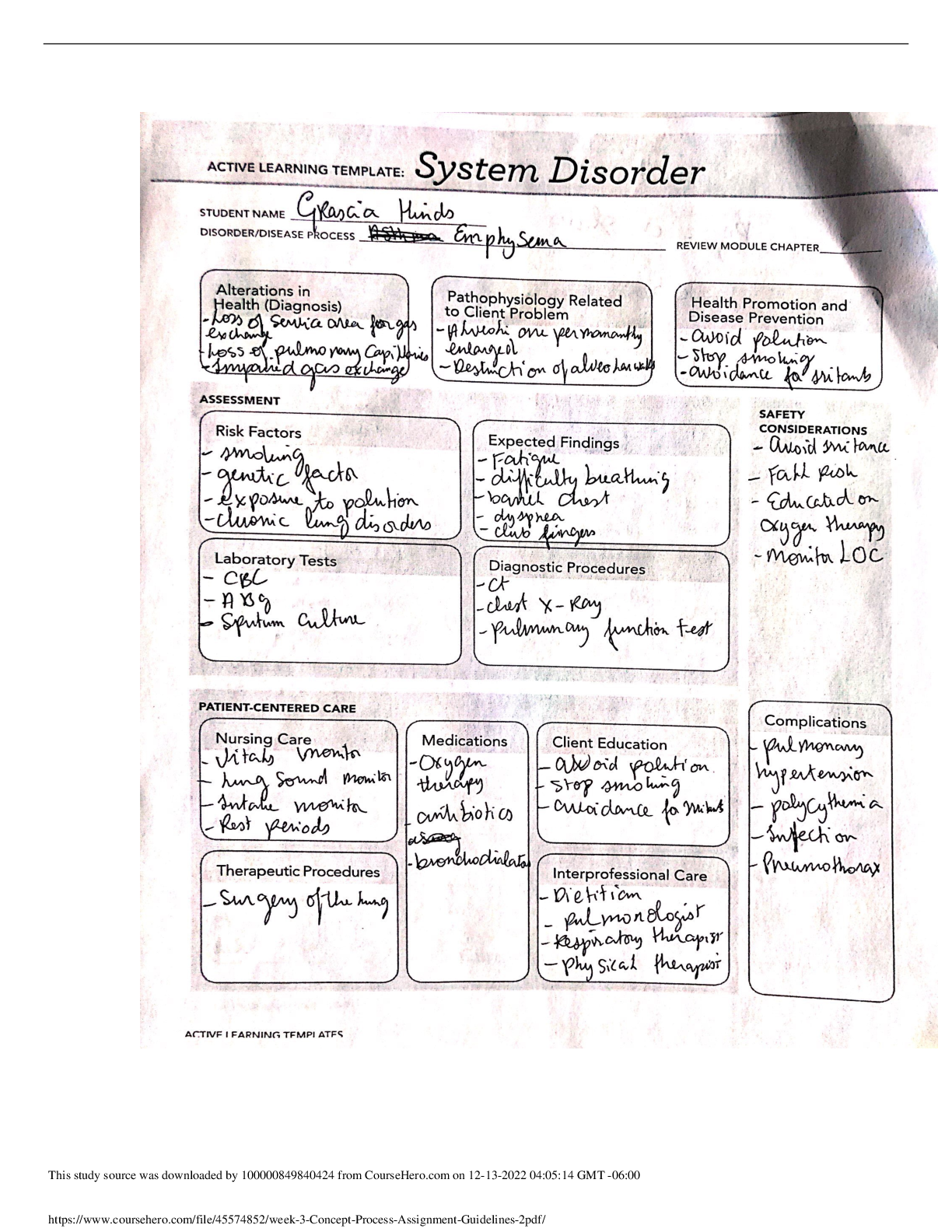
Reviews( 0 )
Document information
Connected school, study & course
About the document
Uploaded On
Apr 06, 2021
Number of pages
5
Written in
Additional information
This document has been written for:
Uploaded
Apr 06, 2021
Downloads
1
Views
298


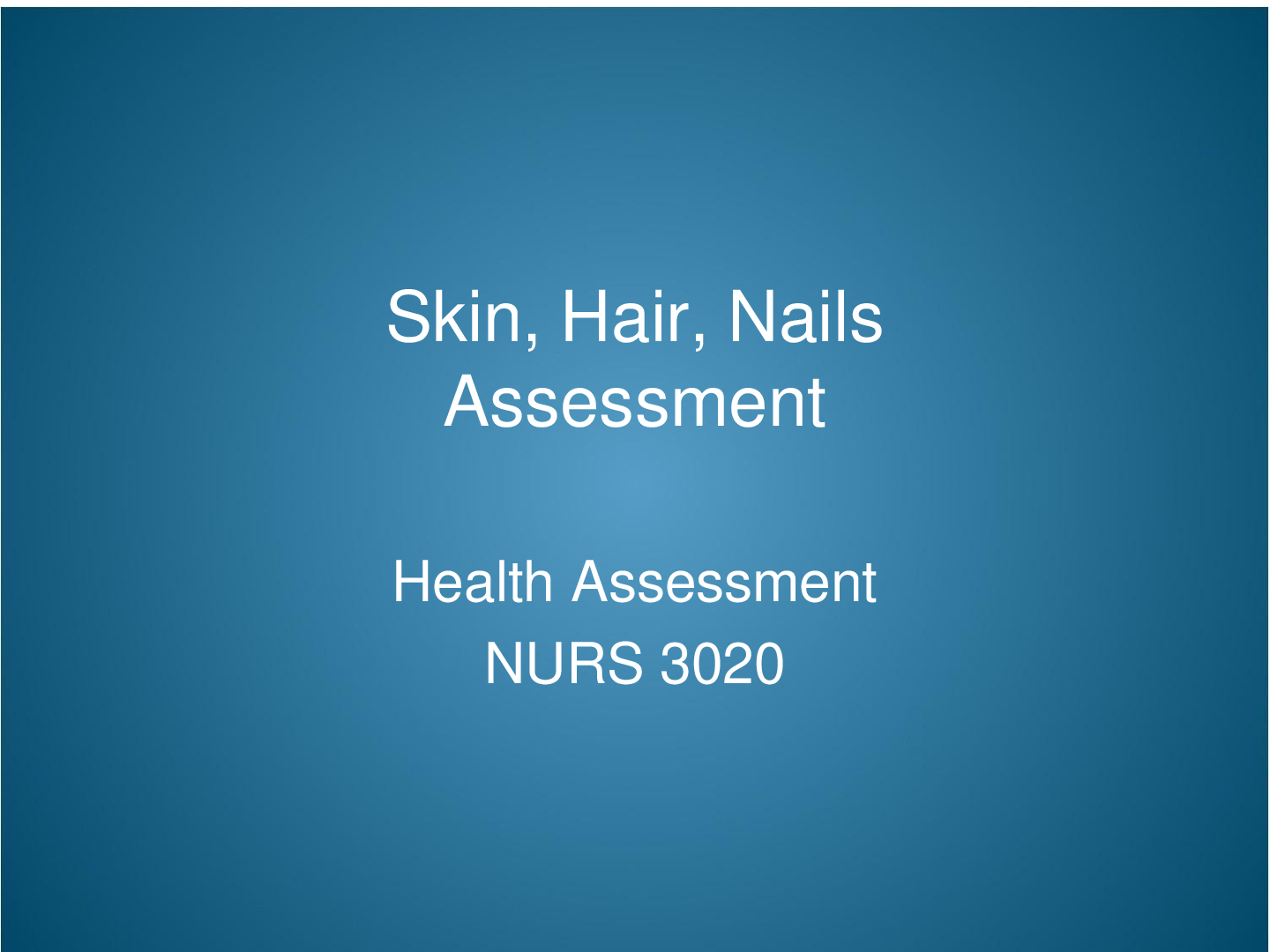
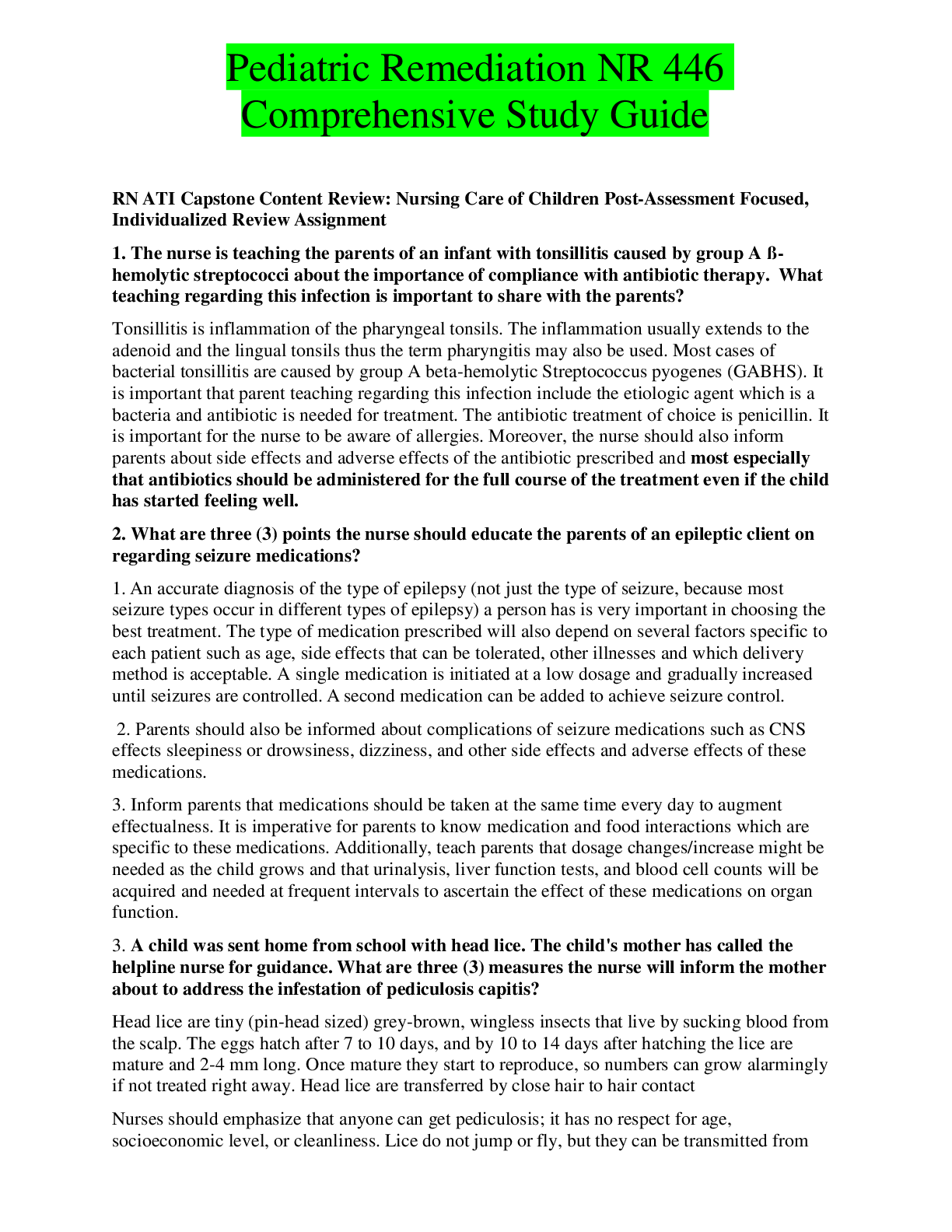
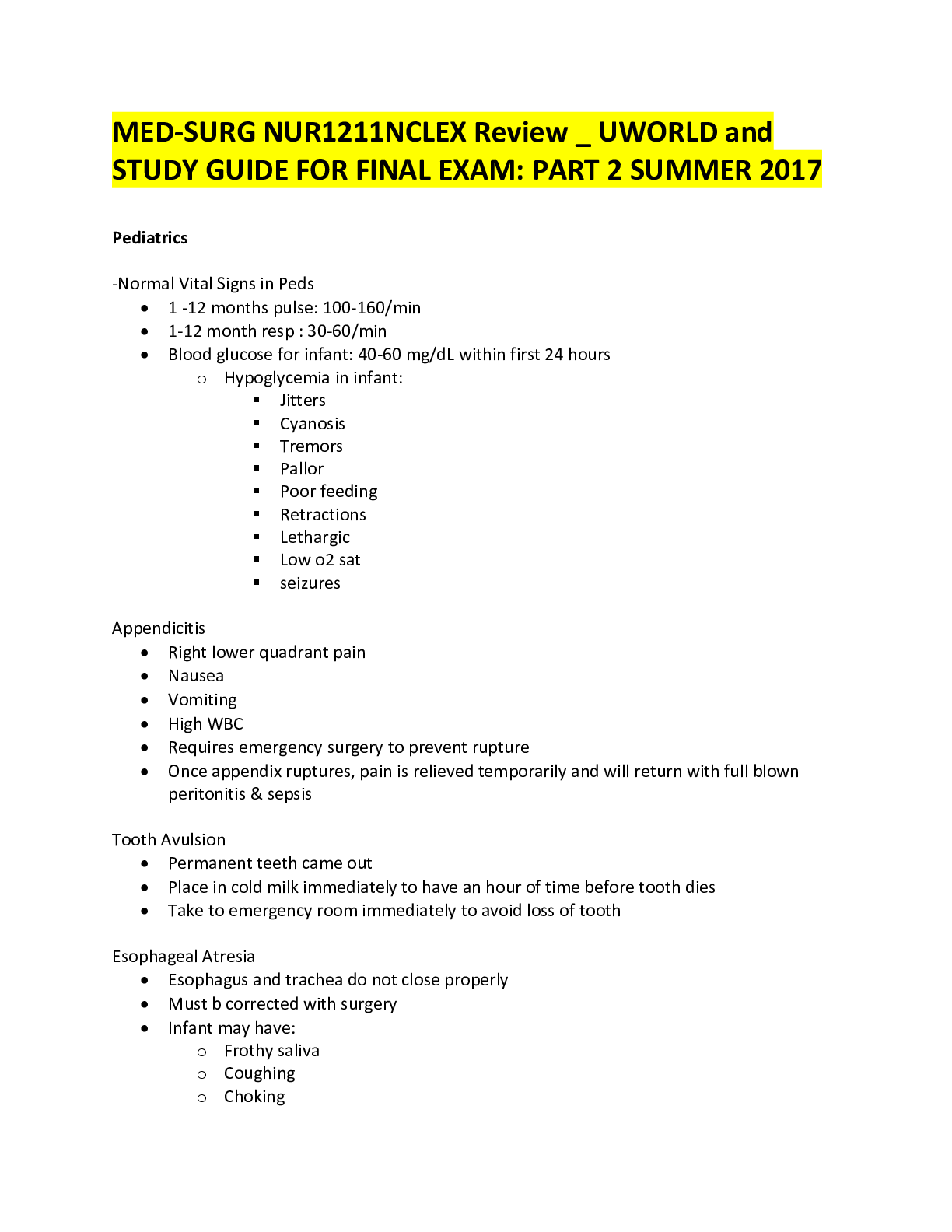
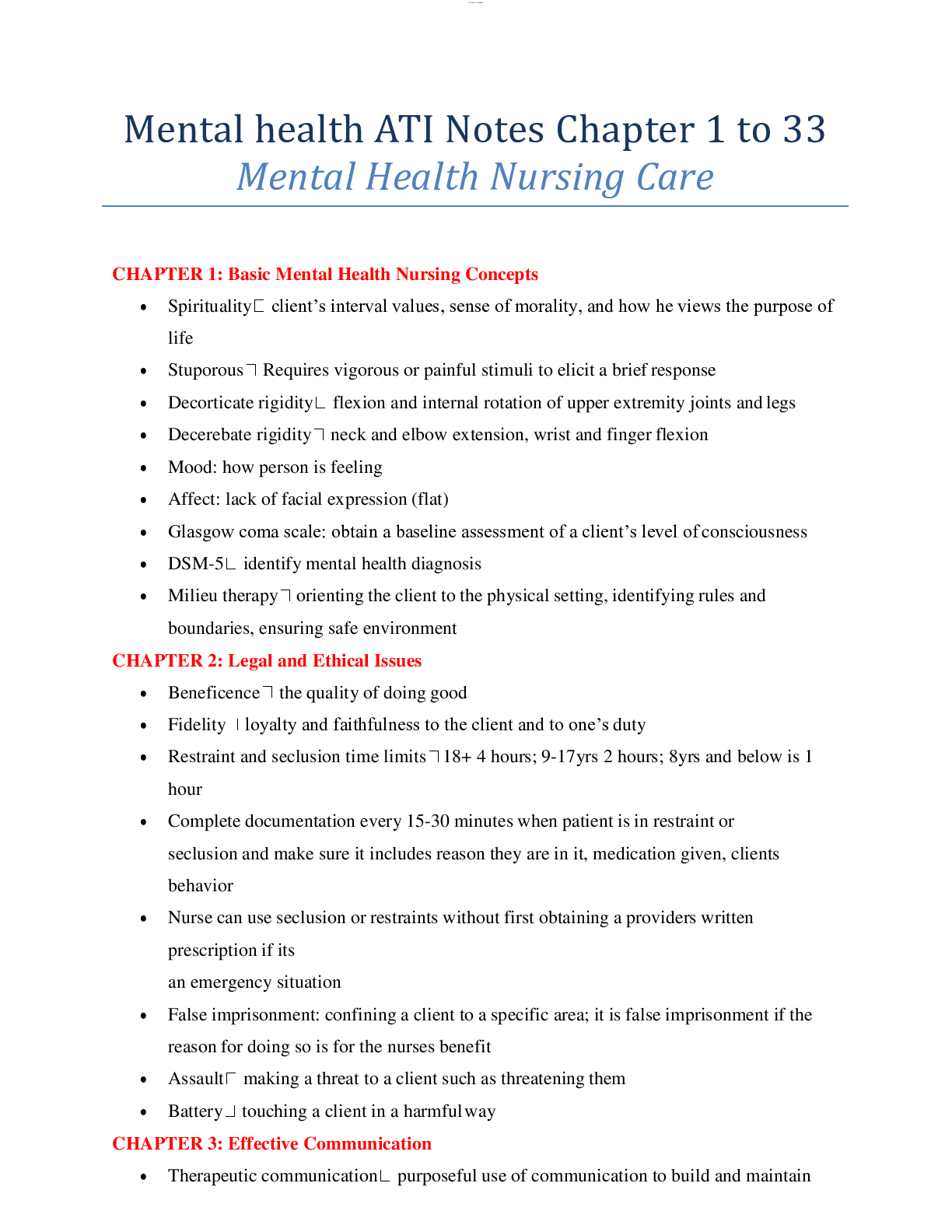
.png)
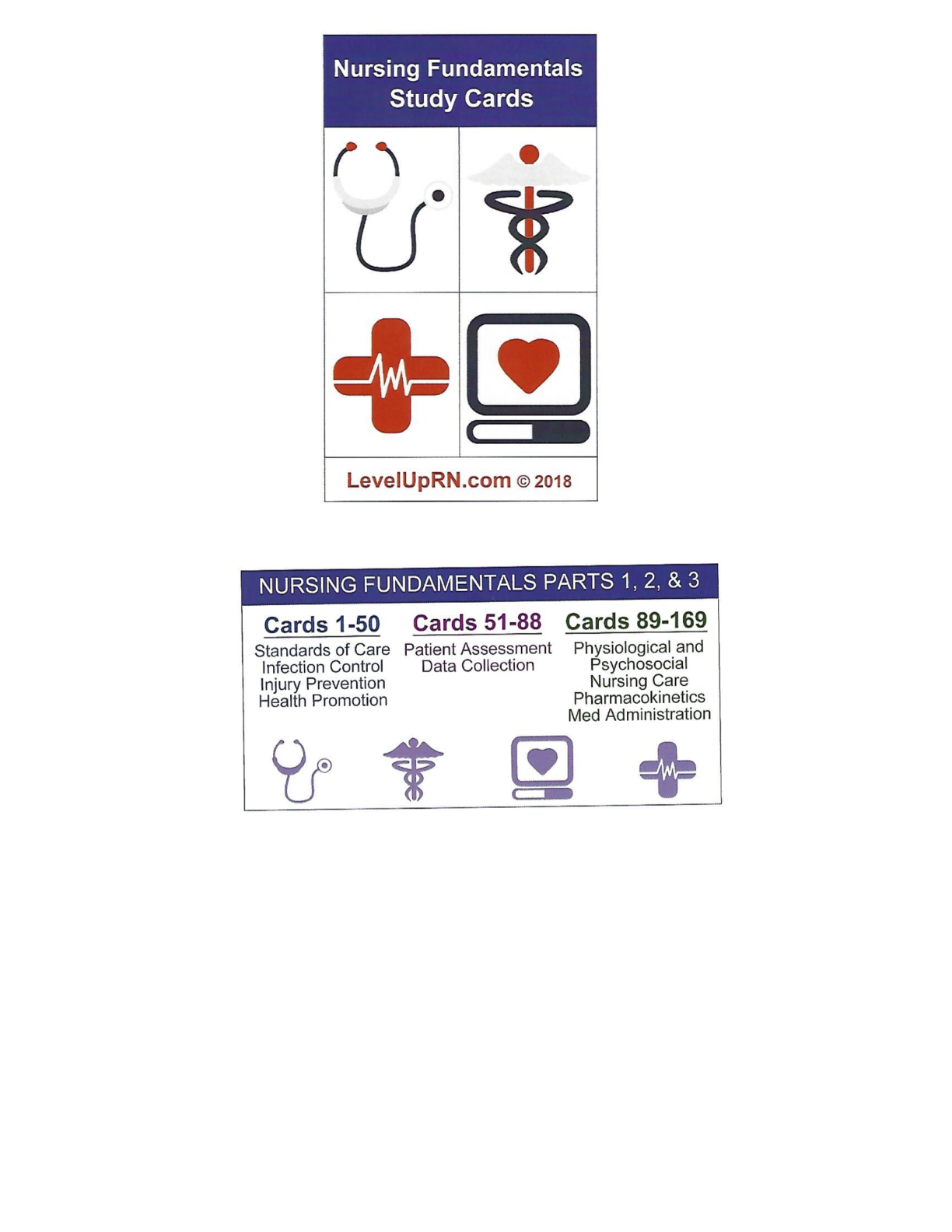
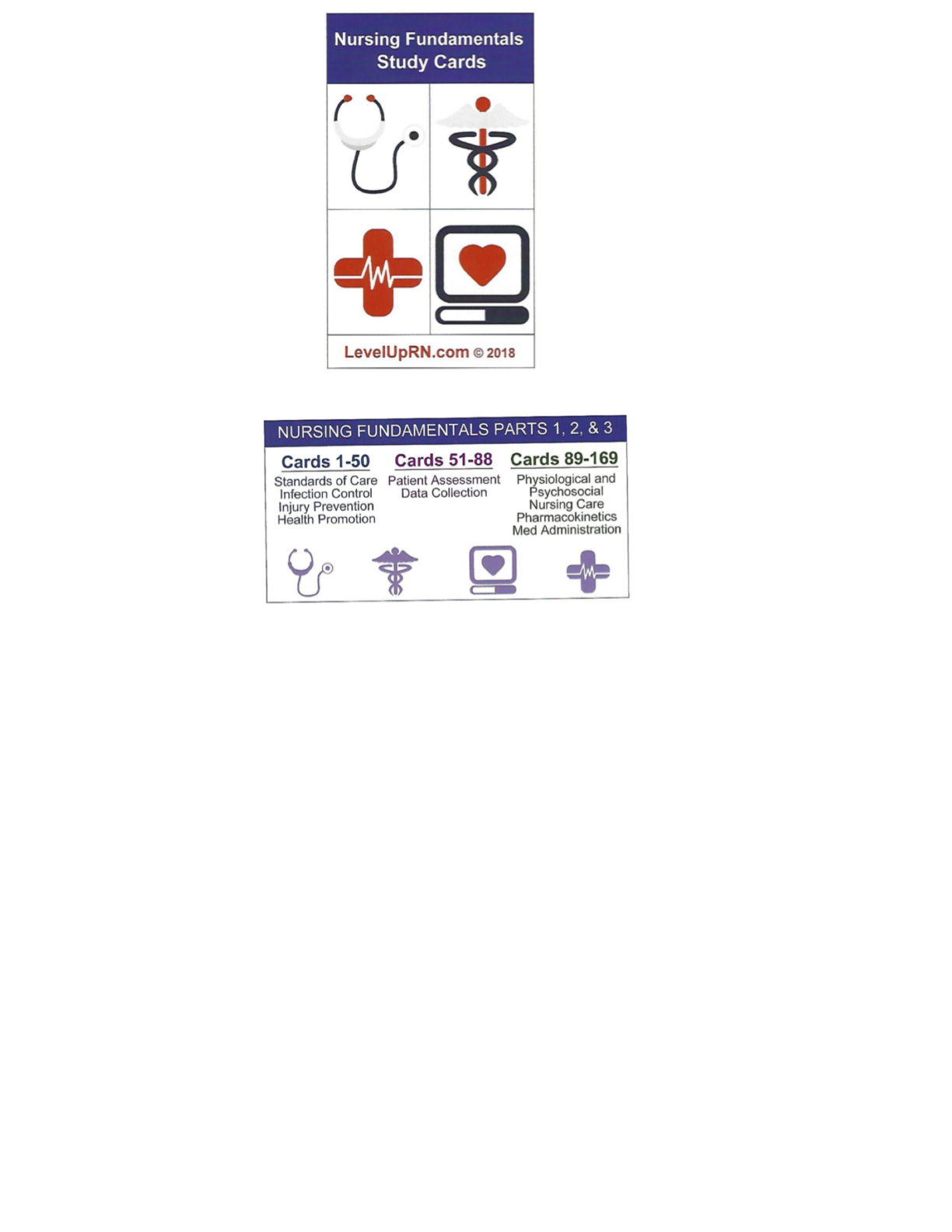
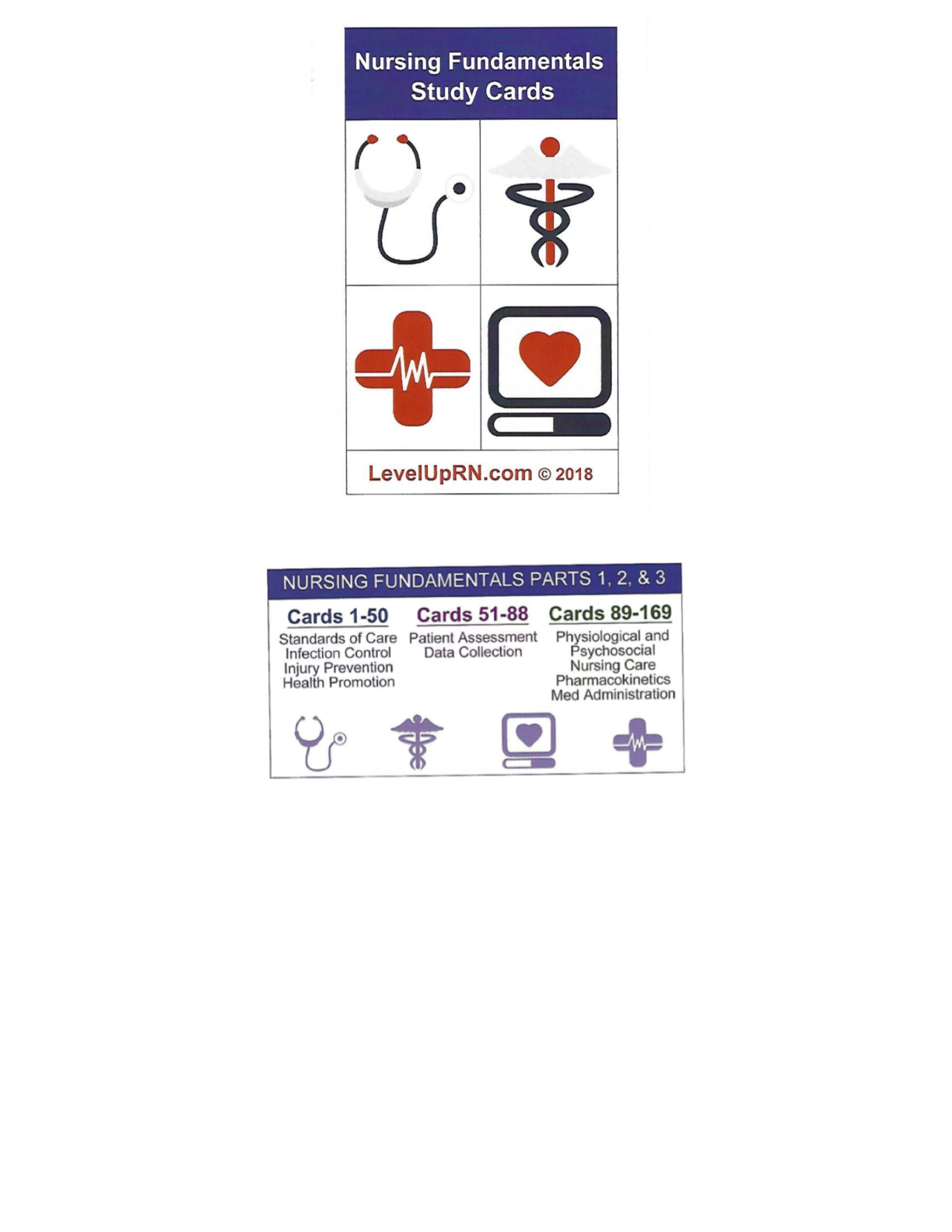
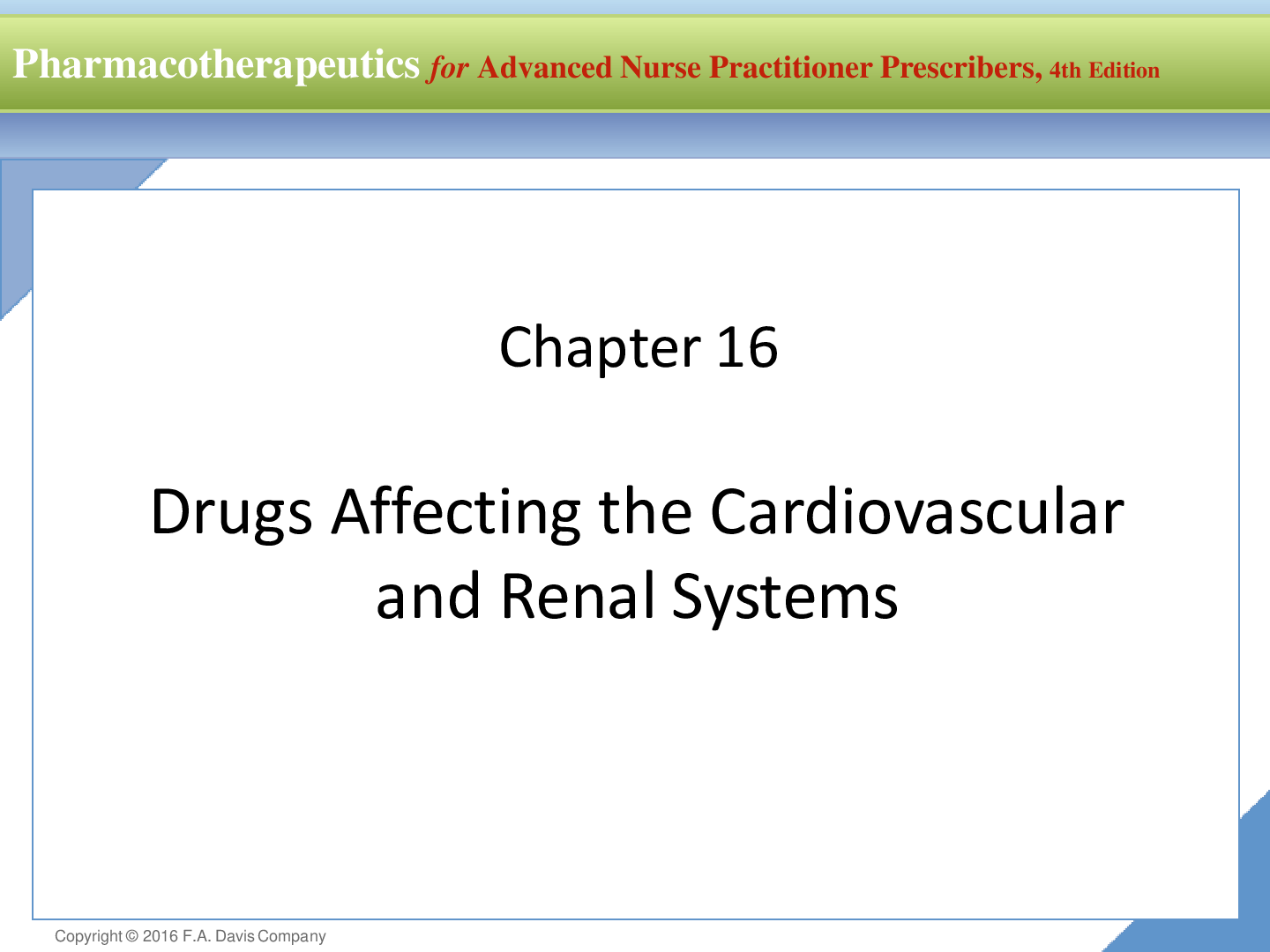
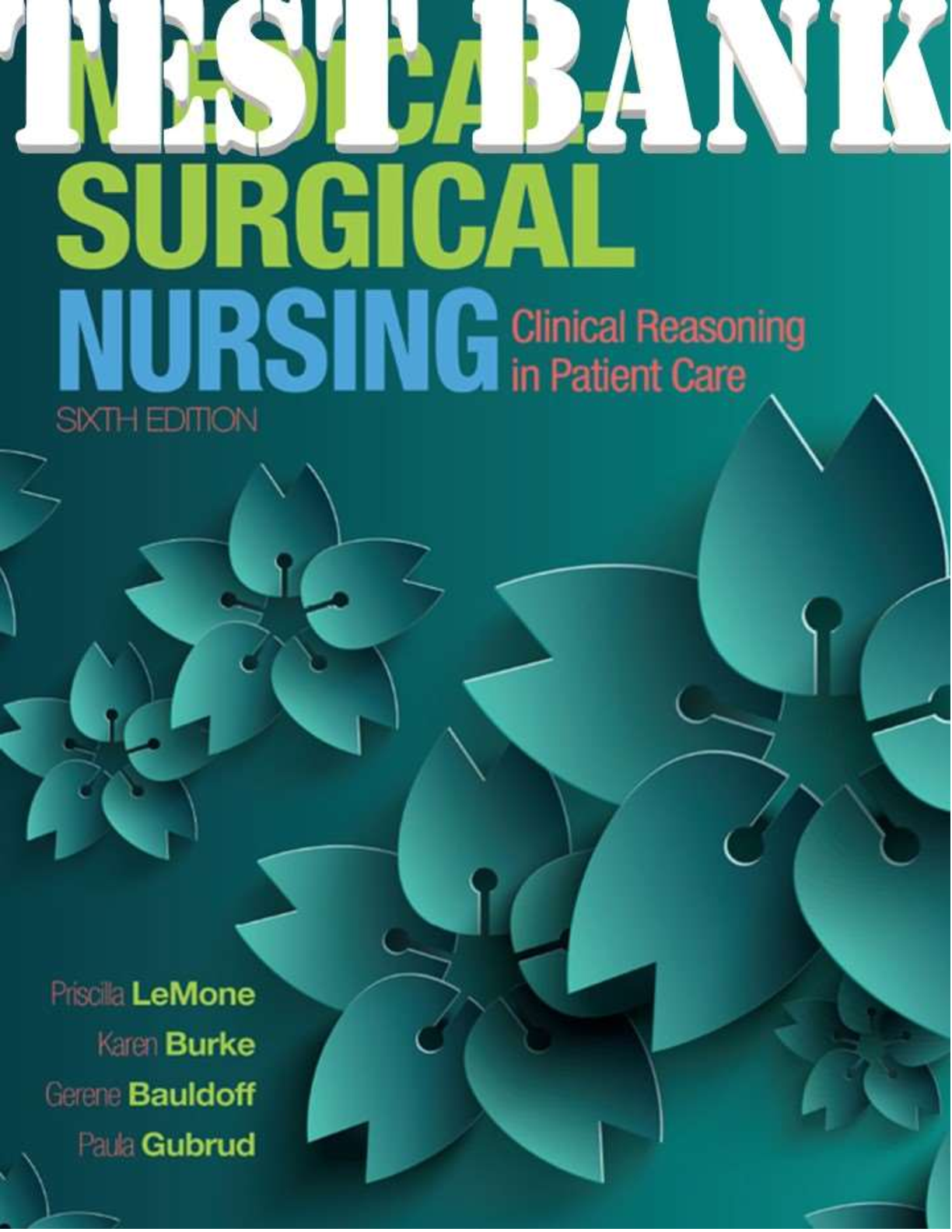
.png)
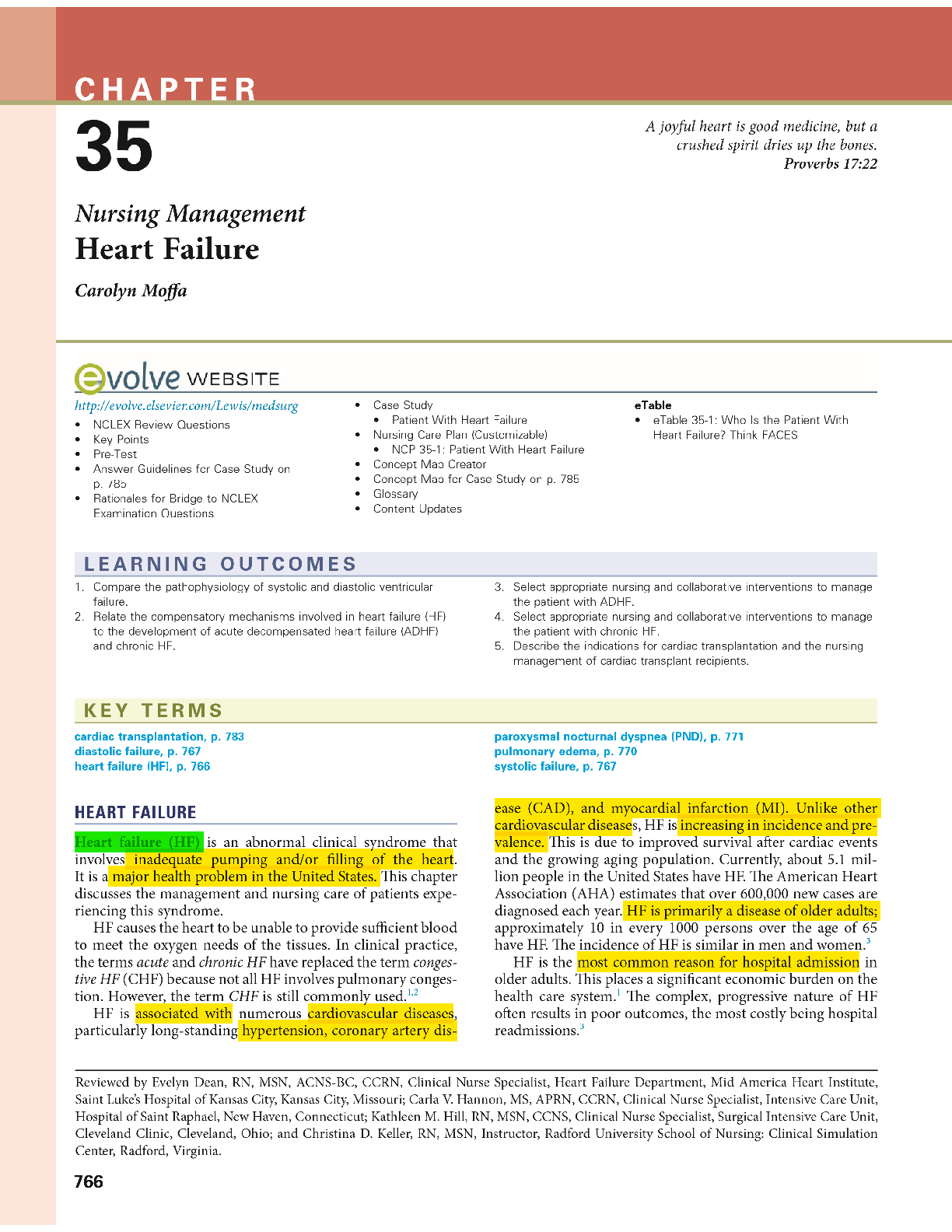
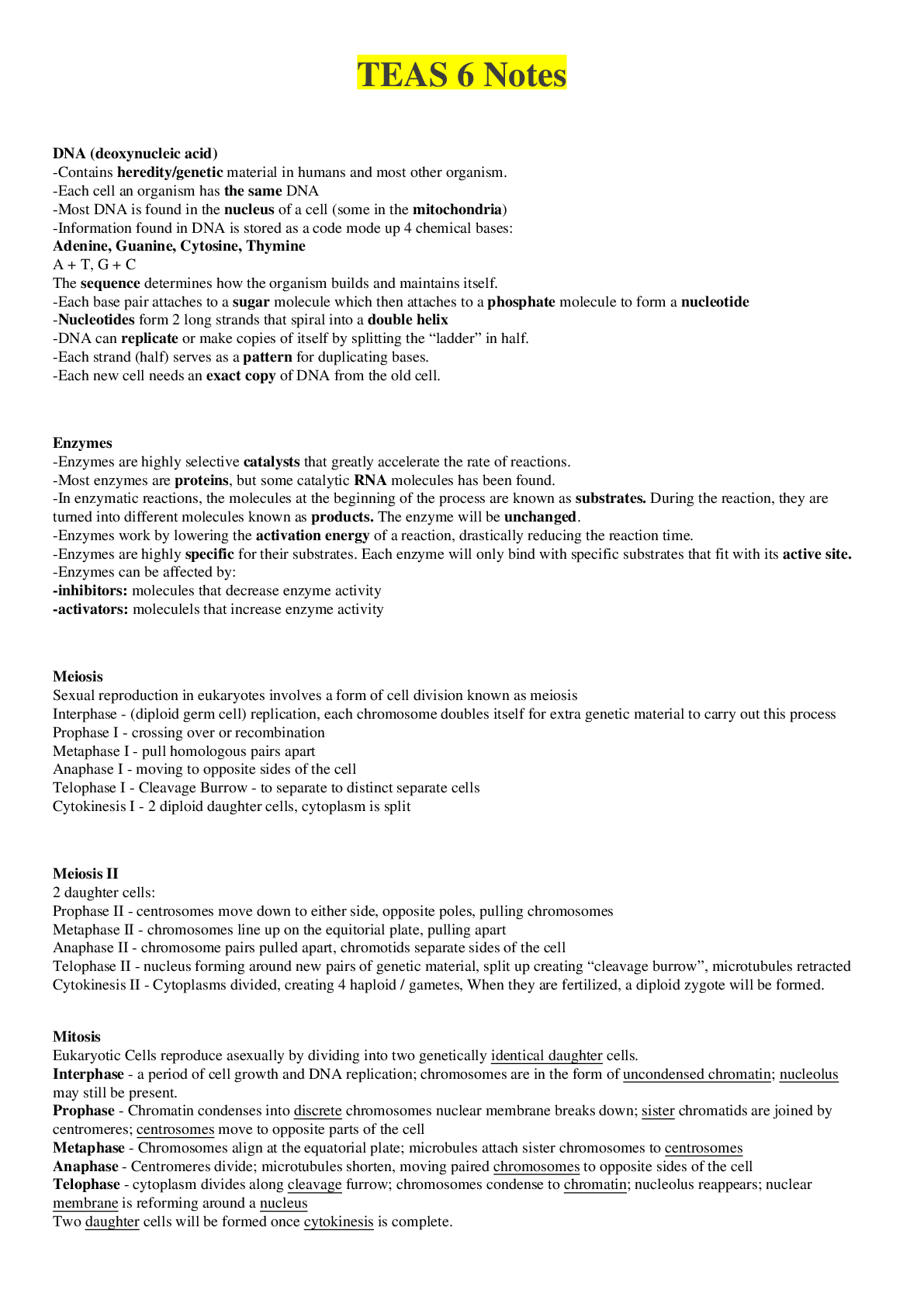
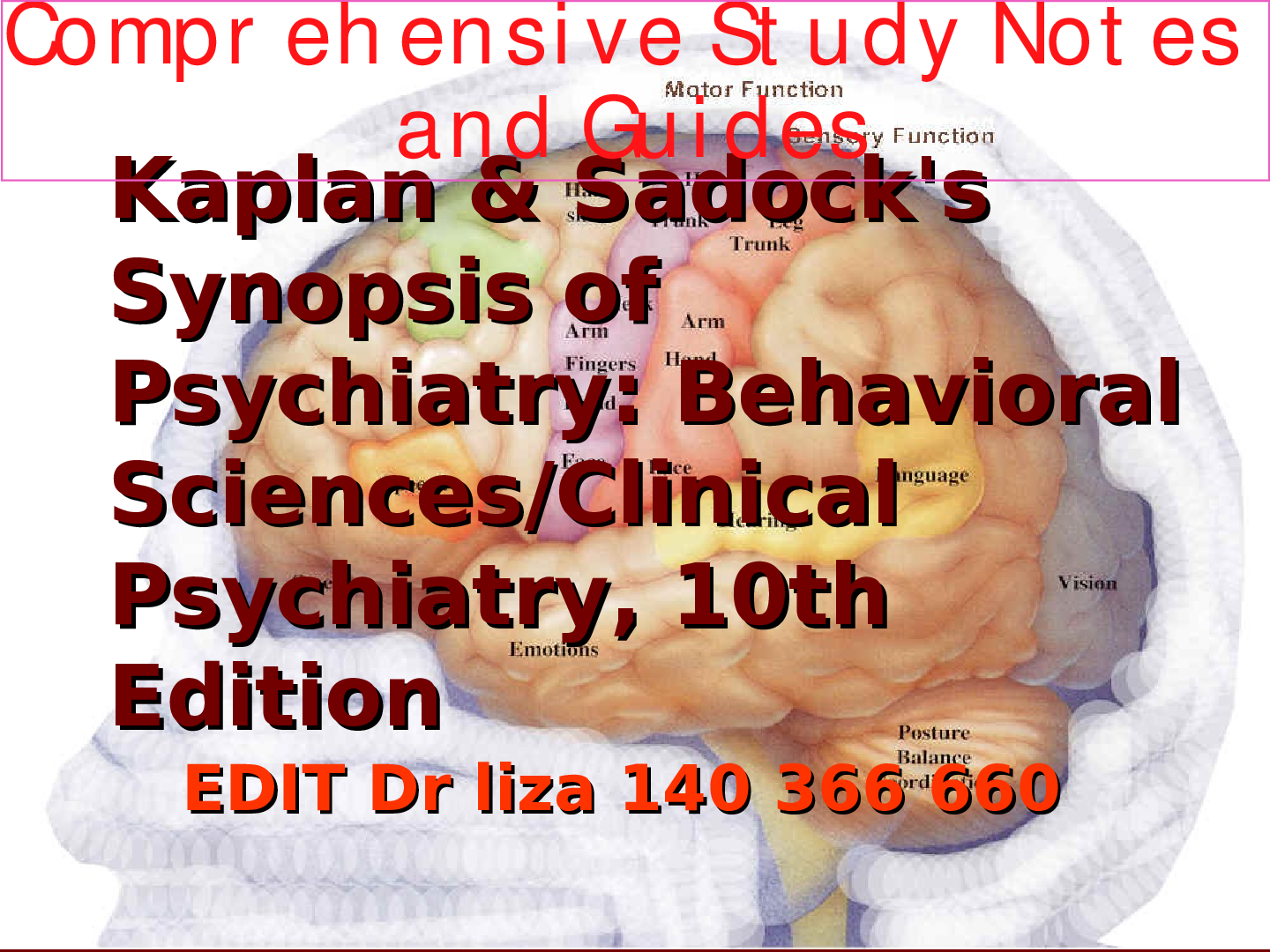
How Do Geographically Dispersed Teams Collaborate Effectively Paper.png)

